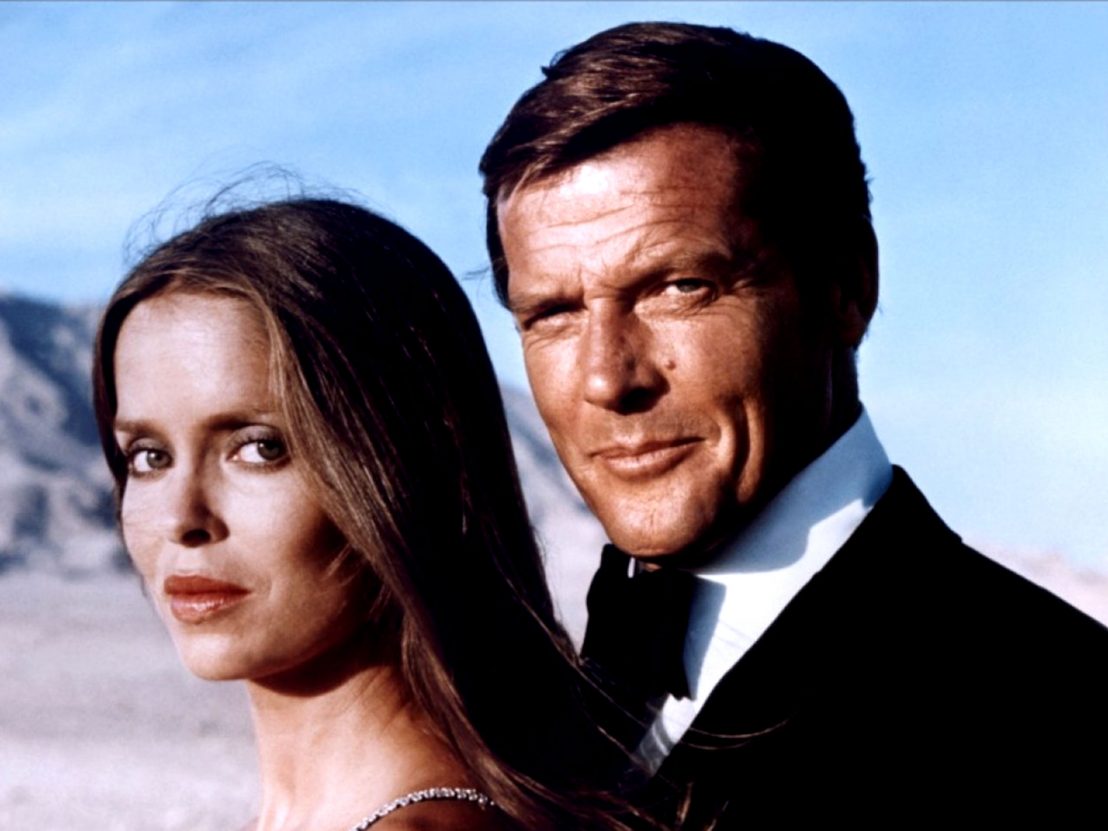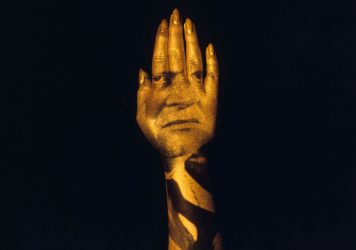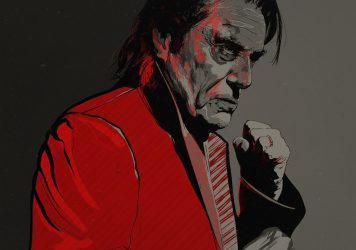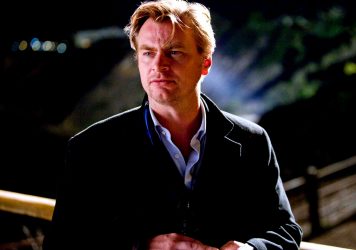
“Tell him to pull out immediately,” M orders across the wire, an instruction meant for Britain’s top secret service agent. Cut to James Bond (Roger Moore), lying on a fur rug in front of a roaring fire, making love to a beautiful woman (Sue Vanner). His wristwatch begins printing M’s orders, just one of the absurd gadgets in his repertoire. Throwing aside the blanket, Bond swiftly dresses in a shock-yellow ski suit with a red bobble hat and makes for the door. “But James, I need you,” the still-naked woman pleads from the rug. “So does England,” Bond replies.
In a mere five-minute sequence, everything that came to define Roger Moore’s tenure as the world’s deadliest and most debonair super spy is on full-frontal display. The charismatic arching of the eyebrow; the ceaseless innuendo; the garish clothing. In 1977’s The Spy Who Loved Me, Moore cemented his reputation as the most charming and exciting Bond. Quite simply, international espionage had never looked so much fun.
With his low vocal gravitas and old-school swagger, Moore married upper-class elegance and brawny machismo without firing a shot. Sean Connery may have established James Bond as a smooth-operating womaniser, but under him the film series always lacked a certain levity. The Spy Who Loved Me, Moore’s third outing as 007, saw him turn Ian Fleming’s iconic character into a figure we could laugh at, as well as enviously admire.
Moore is armed throughout the film with wry double entendres, always accompanied with a knowing glance over his shoulder. His verbal sparring with series veteran Q (Desmond Llewellyn) exemplifies Moore’s alluring screen-presence, and their pairing may well be the most enjoyable of the entire franchise to date. There is something close to father-son affection in the various jousts and jabs which they exchange.
Sartorially speaking, no Bond actor before or since Moore has enjoyed such striking costume ventures. In The Spy Who Loved Me he dons the aforementioned ski suit, Bond’s timeless Naval uniform, and even an Arabian thawb; “When in Egypt, one should explore its deepest treasures,” he quips while eyeing up a Sheikh’s harem. It’s outrageous and unavoidably sexist, yet Moore delivers this line in a way few other actors could have pulled off. Moore’s famously self-aware performance always kept him from seeming ridiculous, and his charismatic edge is never blunted by gaudy attire. For once, Bond actually looked comfortable outside of a dinner jacket.
Yet it’s Barbara Bach as the cunning Anya Amasova who arguably brings the best out of Moore here. At first, her intentions with Bond are less than amorous; vengeance is on her mind with Bond having killed her lover, Sergei Barsov. However, by the film’s ‘climactic’ final scene, she has completely fallen for Bond, much like fans did for Moore himself.
In one exchange between them at a cocktail bar, Anya bids James goodbye as he prepares to leave. He turns to her, a mischievous grin on his face, and replies: “Let’s call it au revoir. I have the oddest feeling we’ll be seeing each other again some day.” Despite his passing, Roger Moore will forever be remembered for his seven-film stint as Bond. It’s not goodbye, then, but au revoir.
Published 24 May 2017

From Dr No to Skyfall, Bekzhan Sarsenbay explores the trends and motifs of a movie institution.

The veteran screen star talks Jawbone, bad superhero movies and how ‘tough guy’ acting has evolved.

By Amy Bowker
The Dunkirk director is rumoured to be next in line to helm the 007 franchise.